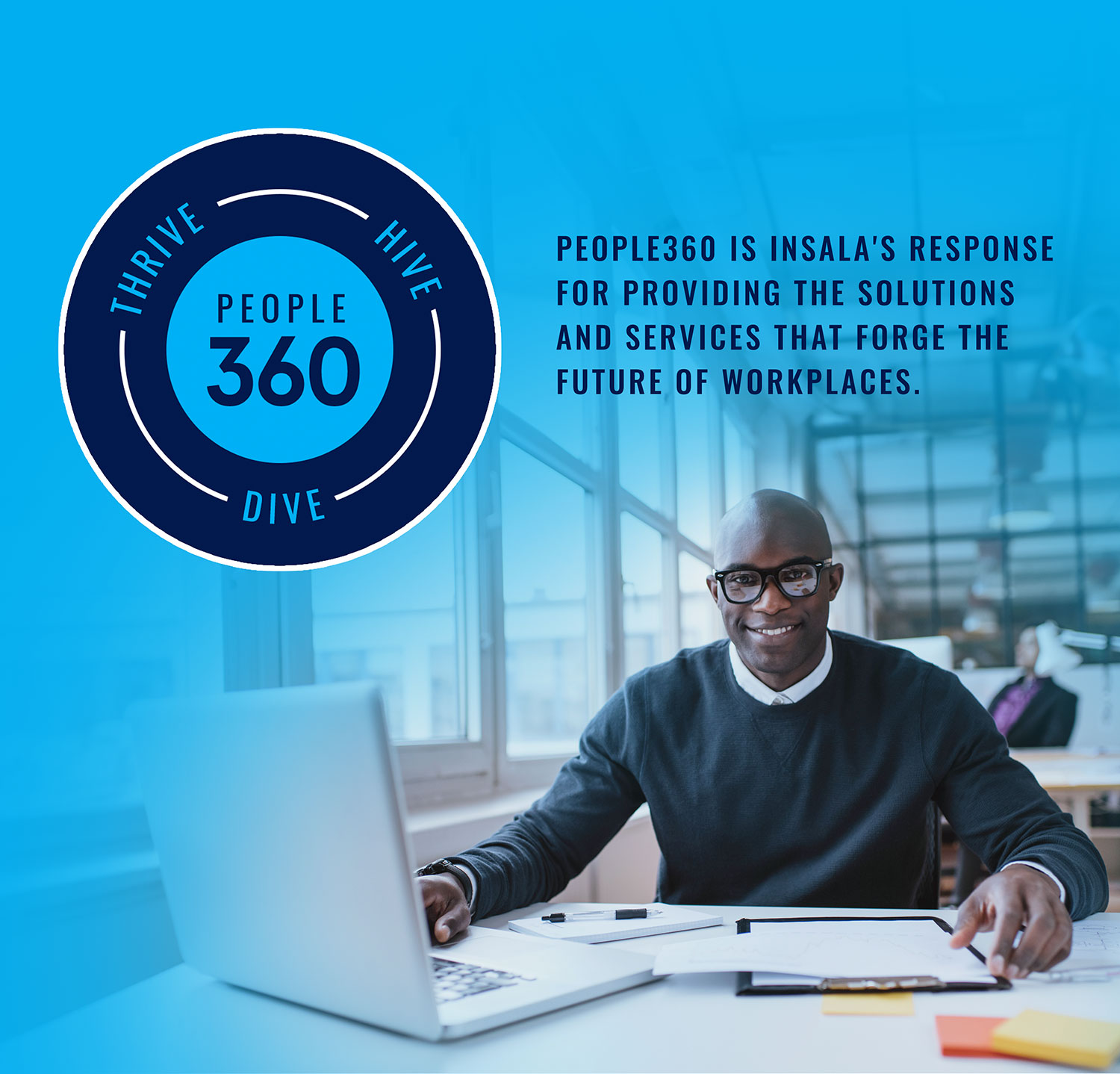How To Find The Right Mentor For You
How To Find The Right Mentor For You Having the guidance and ...
Read more
Organizations around the world have found that implementing a mentoring program can lead to higher levels of employee engagement, knowledge sharing, and employee retention. With these types of benefits, there is no surprise that 71% of Fortune 500 companies offer mentoring programs to their employees.
To capitalize on the benefits of a mentoring program, there are important factors to take into consideration. These factors will determine the level of your program’s success. The most important of those factors is the success of your program’s mentoring relationships.
Mentoring focuses on establishing a mutually beneficial partnership to achieve specific goals. These partnerships are called mentoring relationships and are made up of a mentor and mentee. These relationships are the backbone of any mentoring program as this is where the mentoring takes place.
The success of your mentoring program is heavily reliant on the overall success of the mentoring relationships. To be successful, these relationships must be managed and cultivated. This process begins with the matching of your mentors and mentees.
Matching your mentors and mentees is one of the most critical steps in implementing your mentoring program. When participants are not effectively matched, you will not see the level of success needed to yield a return. While there is no guarantee that a match will be successful, taking a proactive approach to matching increases the likelihood of success.
Without a planned matching process, you will see an increase in the number of unsuccessful mentoring relationships. There are several best practices that impact the effectiveness of your matching process.
Self-Matching takes place when the program participants choose their own match. This type of matching works well for more inclusive, simplified mentoring programs.
Self-matching allows the mentee to choose the exact mentor that will best fit his / her development. This tends to lead to a more successful and fruitful relationship. However, having no input from the admin means that your business objectives are not top of mind when the match is made.
Admin-Matching takes place when program administrators have complete control of the mentors and mentees that are matched. This type of matching is beneficial when a mentoring program has very specific objectives, as seen in a program focusing on diversity and inclusion.
Admin-matching ensures that your business objectives are being considered with each match. However, the process can be time consuming. There is also no guarantee that this matching style will place participants in a relationship that works for their personal mentoring needs.
Hybrid-Match is a combination of self-matching and admin-matching. This type of matching will give you the best of both worlds. Your admins can ensure business objectives are taken into consideration while still allowing your mentees to choose the most qualified mentor.
Implement Mentoring Software to Facilitate Matching. Mentoring software gives you the ability to streamline your matching process. With software, algorithms are used to analyze the matching criteria and suggest the best possible match. Mentoring software also allows you to monitor the progress of each mentoring relationship through the tracking tool. The data found in the tracking tool can be used to create reports to analyze the success of your mentoring program. These reports help you to show stakeholders the value of each successful match.
Monitor Mentoring Relationships After Matching.
Mentoring relationships typically last 8 to 12 months. Historically, we have found that relationships lasting less than 6 months are not long enough for true development to take place. However, a relationship that lasts longer than 12 months tends to become stagnant.
It's important that you monitor the entire mentoring relationship, not just the initial matching process. Matched mentors and mentees will need your help to maintain a successful relationship.
It’s a reality that not every mentor match will result in a successful relationship. Reasons that a mentoring relationship isn’t working vary. Some of the common reasons are:
The mentee was simply matched with the wrong mentor. No matter how many plans you have in place, bad matches can happen.
The mentee and mentor lack sufficient training to conduct their roles. Providing training to your participants before they start the mentoring relationship is a great way to prevent this.
No defined qualification criteria. Mentors and mentees should enter the relationship knowing the criteria that they were matched on.
One of the participants has left the organization. As mentoring is typically an internal program, it is uncommon for a relationship to continue when one of the participants leaves.
Commitments are no longer being upheld. At times, a mentor or mentee is no longer willing to commit to the time it takes to participate in the relationship.
At Insala, our more than 20 years of experience has enabled us to design and develop mentoring software that meets the direct needs of our clients. Your organization’s unique objectives will be implemented in a way that your goals can be achieved.
Insala’s mentoring software, coupled with 20 years of experience in delivering mentoring advice to, helps you to design and implement a successful mentoring program. Request a Demo to learn how mentoring software can benefit your organization.


How To Find The Right Mentor For You Having the guidance and ...
Read more
How To Establish A Successful Corporate Mentoring Program
Read more
How Mentoring Is Helping Solve The Labor Shortage The labor shortage has become a pressing issue for businesses across industries, with ...
Read more
Now Is The Time To Start Your Mentoring Program In today's ...
Read more
7 Tips To Improve Your Corporate Mentoring Program Corporate ...
Read more

People360 is a pioneer and industry leader recognized by Global 1000 and Fortune 500 companies and associations internationally, for 28+ years as a leader in Career Management, Mentoring, Coaching, Career Transition, Alumni Software solutions and People Analytics.
© 2025 People360. All rights reserved. Privacy Policy